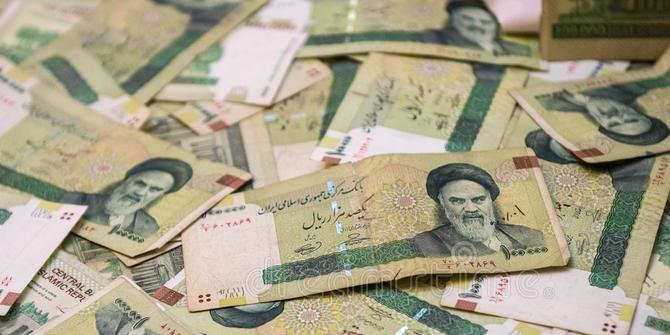Author’s Note: This post was inspired by an event in which I participated where the majority of people were native Pashtu speakers. The event was conducted in English; had the event been in Pashtu, it would have discouraged me from attending, as, unfortunately, I cannot speak Pashtu. The fact that the event was in English allowed me to partake and mix with those ‘Afghans’ of a different ethnicity to my own without sparking any tension. So for this reason, I thought it would be interesting to write about the link between language, identity and nationhood.
The role of language in the formation of identity in Afghanistan by Rabia Nasimi
Language is everyone’s earliest personal acquisition: when we use language, we do so as individuals with social histories. The link between languages and identity is very interesting; thus, one should not disregard language when looking at the ‘Afghan’ national identity.
Farsi is one language of several (Pashtu, Uzbek, Baluchi, Pashai, and Nuristani) in Afghanistan. However, it is considered the lingua franca at present. Some argue that Farsi is the current lingua franca and will continue to be as it is the easier language, while others disagree.
In an ethnically fragmented country like Afghanistan, language often invokes group membership, especially if groups feel that their identities are threatened. Therefore, language acts as defence. Within Afghanistan, one can see the increased use of different languages on news channels, through music and so on. This means minority groups do not feel stigmatised or homogenised into a one-nation group. Language thus provides a sense of continuity, a symbol of uniqueness and differentiation from other ethnicities.
Despite the idea of establishing a cohesive national identity, language may be seen as detrimental to minority group identity. It could also be argued that linguistic diversity threatens national unity.
So do people in Afghanistan speak Farsi or Dari?
At present, there is a sense of confusion regarding the correct term to use when referring to the language spoken by Tajik people. Some use ‘Dari’ and others use ‘Farsi’. Some see the terms as synonymous, stating that ‘Farsi’ is a language and ‘Dari’ is a dialect, as understanding one leads to an understanding of the other and no translator is required. So, if both Farsi and Dari are synonymous, many question the reason for some using Farsi while others use Dari. Farsi is the name of the official language in Iran and those in Afghanistan who prefer to use Farsi, instead of Dari, are ethnicities who may feel closer cultural and linguistic affiliation with their neighbour. They do not emphasise the different accents and argue that the language is one.
However, those who prefer to use ‘Dari’ argue that the specific pronunciation used in Afghanistan marks out individuals as belonging to a particular geographic area and prevents confusion with neighbouring countries. This is how linguistic identities begin to emerge: Tajiks hold the narrative that ‘Farsi’, not ‘Dari’, is the correct term, as this makes them feel closely related to those people living outside their borders who share their ethnicity. The name used to refer to a language is often determined by the desire of the speaker to show either solidarity with, or separateness from, so those who prefer to use ‘Dari’ prefer to separate Afghanistan from Iran, whereas those who use the term ‘Farsi’ are looking at reducing the social distance between themselves and their neighbour, Iran.
Could it be argued that as Afghanistan moves towards democracy, we should not use one language but numerous languages? Can we replicate the Canadian model for the future of Afghanistan, so both Pashtu and Farsi can be official languages, and people can choose which one they prefer for communication?
Does the current national anthem evoke a feeling of belonging?
It is also important to note that the current national anthem is in Pashtu. As national anthems provide a strong and clear statement of national identity, one should question whether the national anthem feels inclusive to the citizen of the country. Some argue that it is not representative of their ethnicity. A national anthem is seen as a connection through imagined words, so those who do not feel that connection through the lyrics may be unable to do so because it is distant to them. National anthems are supposed to create a deep sense of comradeship and fraternity, but due to linguistic differences this has not been possible in Afghanistan, as Pashtuns speak Pashtu and the majority of non-Pashtuns use Farsi as the main method of communication, so in order to bring all ethnicities together it is important to make sure they all feel included.
Could a possible suggestion be including all languages in the national anthem, as Afghanistan is a multi-ethnic state? Or would just using music instead of words, as an alternative, be a better option?
Considering the exclusionary and inclusionary side of language, could the use of a third language, such as English, promote a more inclusive Afghanistan, as it would be foreign to all? Although language is seen as an instrument of communication, it can also constitute a means of asserting one’s identity or one’s distinctness from others. As language holds great importance in terms of culture and identity, it is unlikely that ‘Afghans’ would accept this alternative.





